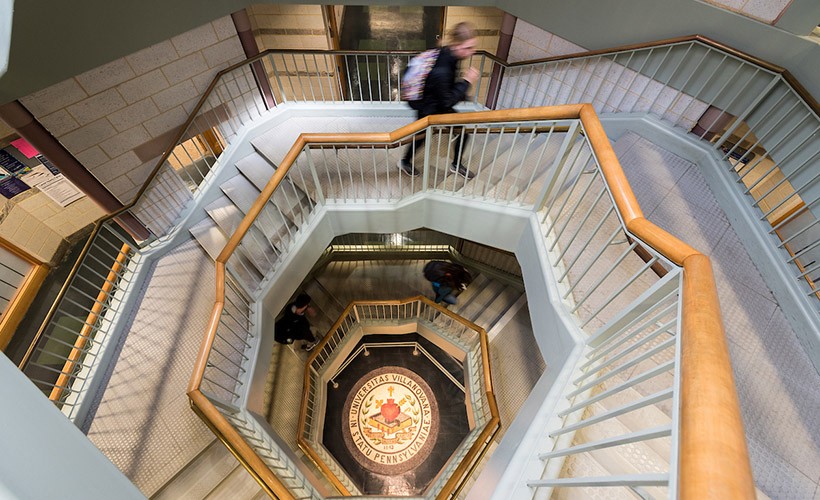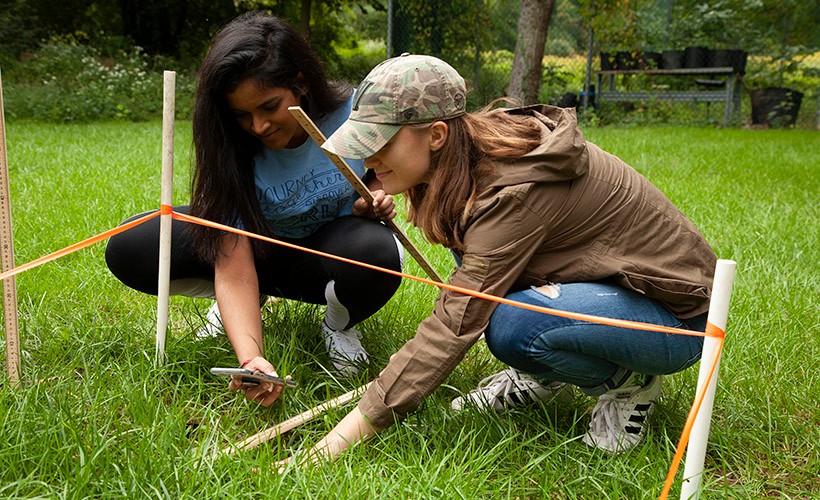GUIDING PRINCIPLES
GIS takes pride in being the mini-UN of Departments at Villanova for the multinational and interdisciplinary profile of its faculty and areas of study. Students graduate with a keen sense of shared humanity fashioned in rigorous intellectual inquiry into issues of global significance.
Human beings speak and act from positions that reflect their historical, economic, political and cultural contexts. Social factors such as power, gender, race, sexuality and class shape global institutions and practices in our twenty-first century geopolitical landscapes. Global communities demand citizens who can analyze intersectional identities, overlapping diasporas and the historical structures that produce them. Global Interdisciplinary Studies (GIS) prepares students to bridge a range of disciplines and equips them for international careers that contribute to the global common good.
Knowledge: power structures; global literacy; digital literacy; intercultural competencies; race, gender, class histories; diversity of identities
Skills: critical thinking; analyses of social/cultural forms; integration of theory and practice; interdisciplinary research; written and oral dialogic skills
Values: social justice, experiential learning, global citizenship, application of knowledge
The Department of Global Interdisciplinary Studies is committed to diversity and aligns itself with the University’s statement on diversity:
“Villanova University, as a Catholic Augustinian institution of higher education, recognizes diversity as an integral component of the teaching and learning experience and as an essential element of the ongoing intellectual, social and spiritual development of every member of the Villanova community.
Accordingly, Villanova University will be a diverse community. We commit ourselves to cultivating an academic environment marked by genuine curiosity about different perspectives, ardent receptivity to knowledge generated through intercultural connections and a genuine sensitivity to the variety of human experiences marked by domestic and global differences.”



